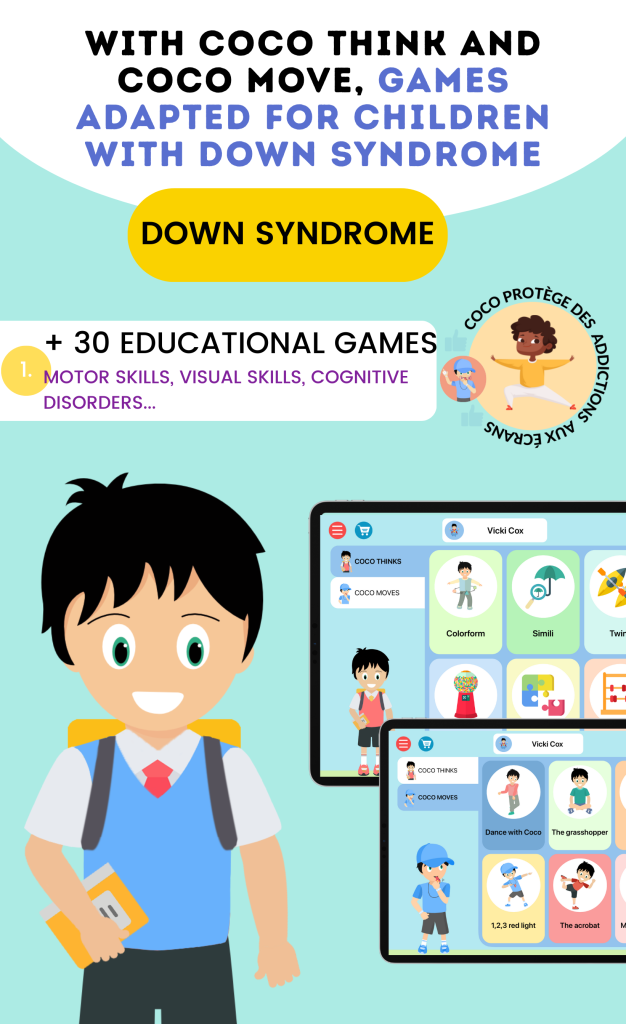Down syndrome, a genetic condition caused by the presence of an extra chromosome 21, affects approximately 1 in 700 births worldwide. As we delve into the complexities of this condition, we recognize that individuals with Down syndrome often face unique challenges, particularly in terms of their health and development. One of the most significant aspects of their well-being is nutrition.Proper nutrition plays a crucial role in supporting the overall health and cognitive function of individuals with Down syndrome. By understanding the relationship between diet and cognitive performance, we can better advocate for the nutritional needs of this population. As we explore the intersection of Down syndrome and nutrition, it becomes evident that a tailored approach is necessary.Individuals with Down syndrome may have different metabolic rates, dietary preferences, and health concerns compared to the general population. Therefore, it is essential for us to consider their specific nutritional needs to promote optimal health and cognitive development. In this article, we will examine the nutritional requirements of individuals with Down syndrome, the impact of diet on cognitive performance, and strategies for fostering healthy eating habits.
Nutritional Needs of Individuals with Down Syndrome
When we think about the nutritional needs of individuals with Down syndrome, we must acknowledge that they often require a balanced diet rich in essential nutrients. These nutrients are vital for growth, development, and overall health. A well-rounded diet should include a variety of fruits, vegetables, whole grains, lean proteins, and healthy fats.By ensuring that individuals with Down syndrome receive adequate nutrition, we can help them achieve their full potential. Moreover, we should be aware that some individuals with Down syndrome may have specific dietary restrictions or preferences. For instance, they may be more prone to obesity due to lower metabolic rates or sedentary lifestyles.This makes it even more critical for us to focus on portion control and the quality of food consumed. By promoting nutrient-dense foods over calorie-dense options, we can help manage weight while still providing essential nutrients that support overall health.Impact of Diet on Cognitive Performance

Importance of Nutrient-Rich Foods for Cognitive Development
Nutrient-rich foods are fundamental for cognitive development in individuals with Down syndrome. These foods provide the building blocks necessary for brain growth and function. For instance, fruits and vegetables are packed with vitamins and minerals that support brain health, while whole grains provide essential energy for cognitive processes.By emphasizing the importance of these nutrient-dense foods, we can help individuals with Down syndrome thrive both mentally and physically. In addition to fruits and vegetables, we should also highlight the significance of healthy fats in the diet. Omega-3 fatty acids found in fish, nuts, and seeds are particularly beneficial for brain development.These fats contribute to the formation of neural connections and can enhance cognitive performance. By encouraging the consumption of nutrient-rich foods that support cognitive development, we can empower individuals with Down syndrome to reach their full potential.◆ ◆ ◆
Potential Nutritional Deficiencies in Individuals with Down Syndrome
Despite our best efforts to provide balanced diets, individuals with Down syndrome may still experience nutritional deficiencies. These deficiencies can arise from various factors, including dietary restrictions, food aversions, or gastrointestinal issues that are more common in this population. Common deficiencies may include vitamins D and B12, calcium, iron, and folate.Recognizing these potential gaps in nutrition is crucial for us as caregivers and advocates. To address these deficiencies effectively, we must be proactive in monitoring dietary intake and considering supplementation when necessary. Regular check-ups with healthcare professionals can help identify any nutritional shortfalls and guide us in making informed dietary choices.By being vigilant about potential deficiencies, we can ensure that individuals with Down syndrome receive the nutrients they need for optimal health and cognitive function.Strategies for Promoting Healthy Eating Habits in Individuals with Down Syndrome

Role of Supplements in Supporting Cognitive Function in Individuals with Down Syndrome
While a balanced diet is our primary focus for supporting cognitive function in individuals with Down syndrome, supplements can also play a valuable role when necessary. Certain vitamins and minerals may be beneficial for enhancing cognitive performance or addressing specific deficiencies that arise from dietary limitations. For example, omega-3 supplements have been shown to support brain health and may be particularly advantageous for individuals with Down syndrome.However, it is crucial for us to approach supplementation thoughtfully. Consulting with healthcare professionals before introducing any supplements is essential to ensure safety and efficacy. By working collaboratively with medical experts, we can determine which supplements may be appropriate based on individual needs and dietary intake.This careful consideration allows us to provide additional support for cognitive function while prioritizing overall health.◆ ◆ ◆




